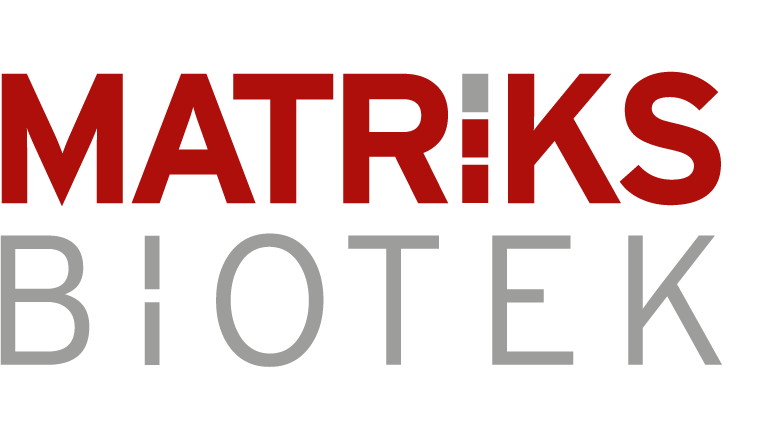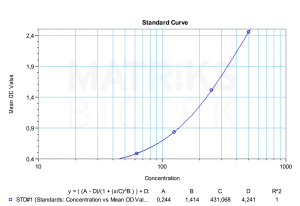Anti-palivizumab antibodies are biomarkers developed to detect immune responses against palivizumab, a monoclonal antibody used to prevent serious lower respiratory tract disease caused by respiratory syncytial virus (RSV) in high-risk pediatric populations. Palivizumab targets the A antigenic site on the F protein of RSV, providing passive immunization through the use of recombinant humanized IgG1κ antibodies. However, as with other biologics, patients may develop anti-drug antibodies (ADAs) following repeated administration, potentially impacting therapeutic efficacy and pharmacokinetics.
In a clinical research setting, monitoring anti-palivizumab antibodies is essential to assess treatment safety and effectiveness, particularly in neonates and infants with chronic lung disease, congenital heart disease, or other risk factors for RSV complications. The presence of these antibodies may indicate an immunogenic response that could compromise the protective benefits of palivizumab, necessitating alternate dosing strategies or treatment considerations.
The detection of anti-palivizumab antibodies also plays a key role in therapeutic drug monitoring (TDM), guiding clinical decision-making and optimizing individual patient outcomes. Incorporating ADA screening helps identify patients who may be nonresponsive to therapy or who are at increased risk of adverse immune reactions, ultimately supporting improved compliance, reduced treatment failures, and more informed use of RSV prophylaxis in pediatric care.
This product is manufactured in Turkey by Matriks Biotek.


